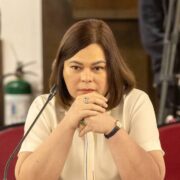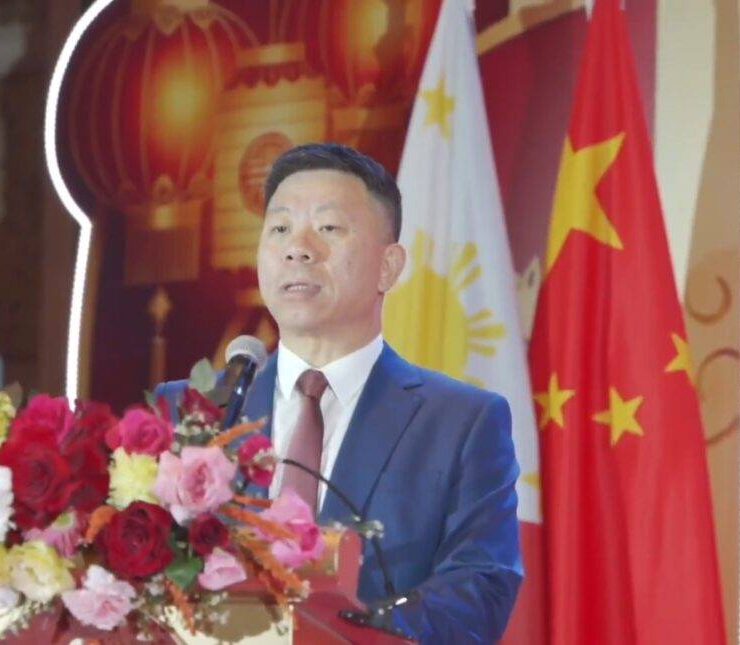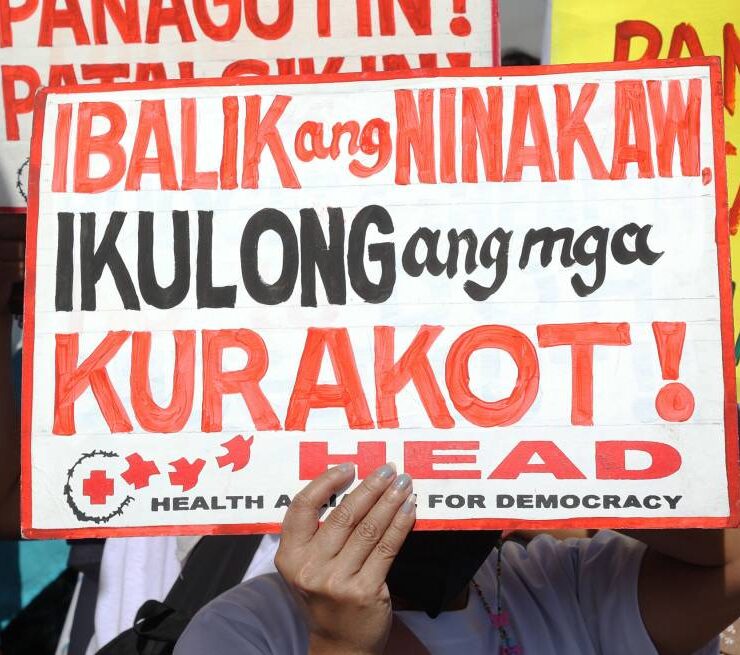Marcos signs law reorganizing Neda, renaming it ‘Dep’t of Economy, Planning and Development’

- Call it the Department of Economy, Planning and Development (DepDev) — the new name of the National Economic and Development Authority, now remade into a full-fledged executive department.
- The agency had long argued that the reorganization would enhance its ability and authority to ensure policy continuity and coherence through long-term strategic planning and foresight.
- The establishment of the DepDev contributes to sound economic governance by bridging past and future development strategies, Neda Secretary Arsenio Balisacan said.
President Marcos has signed a law reorganizing the National Economic and Development Authority (Neda), transforming the state’s main socioeconomic planning agency into a full-fledged executive department.
Mr. Marcos on April 10 signed Republic Act No. 12145, which created the charter for what will be known as the Department of Economy, Planning and Development (DepDev), according to a statement on Friday.
The new law called the Economy, Planning and Development Act finally heeded Neda’s longstanding campaign to be placed on equal footing with other departments. Given its expanding role through the years, the amendment to the Neda charter was first introduced in Congress in 2009.
The agency had long argued that the reorganization would enhance its ability and authority to ensure policy continuity and coherence through long-term strategic planning and foresight.
The new law also fulfilled the provision in the 1987 Constitution that allowed Congress to establish “an independent economic and planning agency headed by the president.”
“The establishment of the DepDev contributes to sound economic governance by bridging past and future development strategies,” Neda Secretary Arsenio Balisacan said.
Over the years, Neda’s role has significantly expanded to include oversight of or membership in more than 100 interagency bodies and councils concerned with a wide range of socioeconomic matters and overall national development.
This role is in addition to its central mandate in policy formulation, development planning, investment programming, policy and program coordination, and monitoring and evaluation.





















